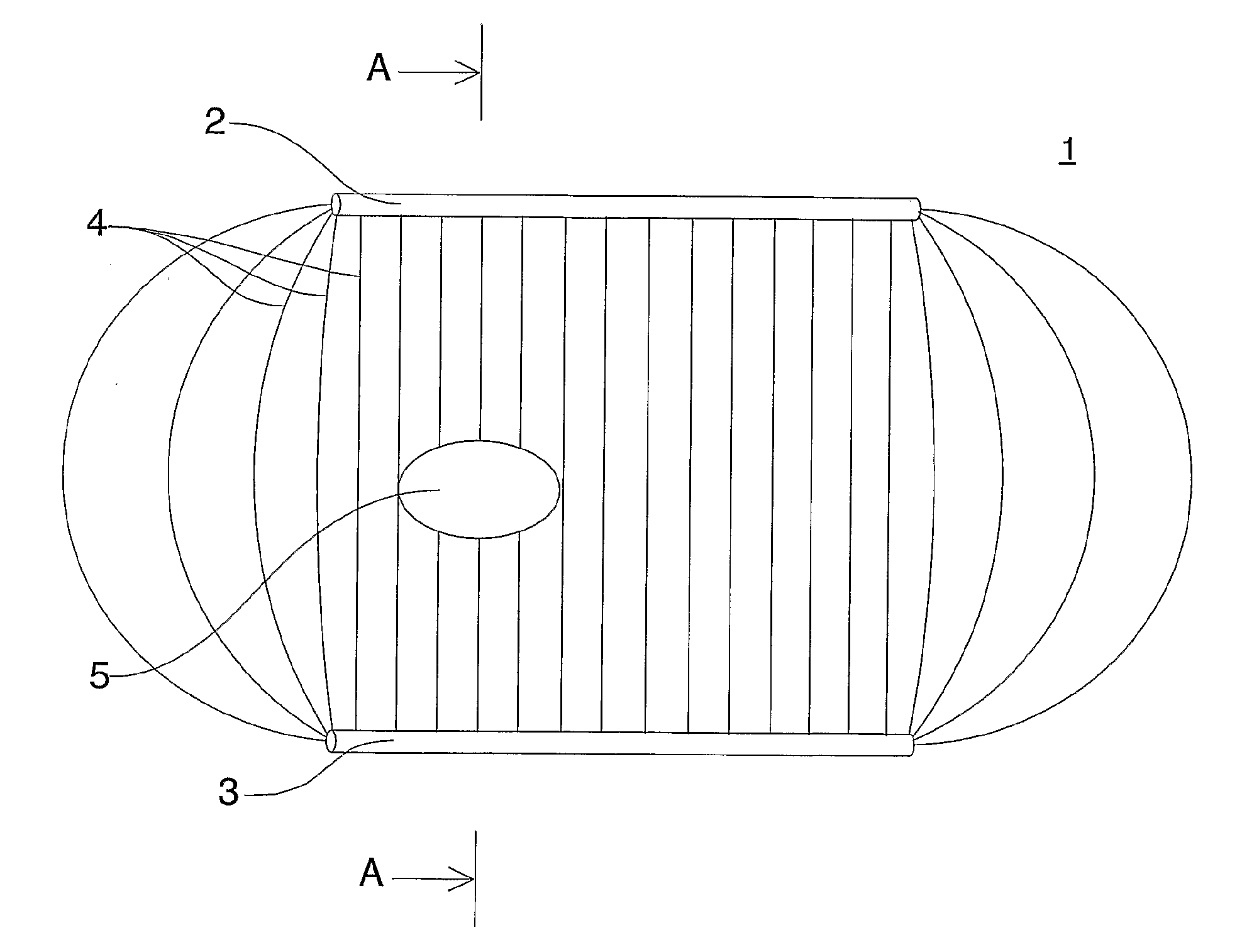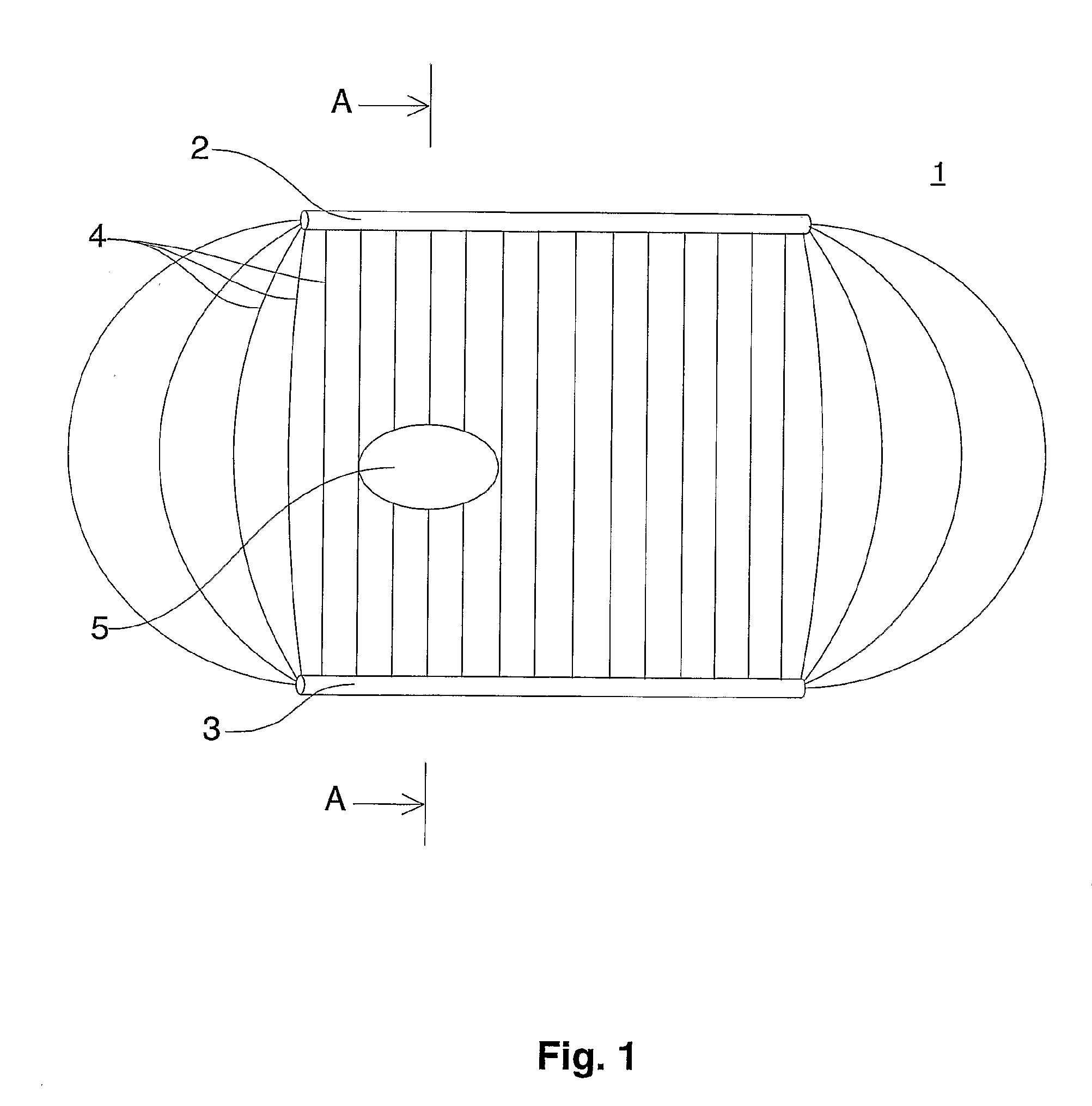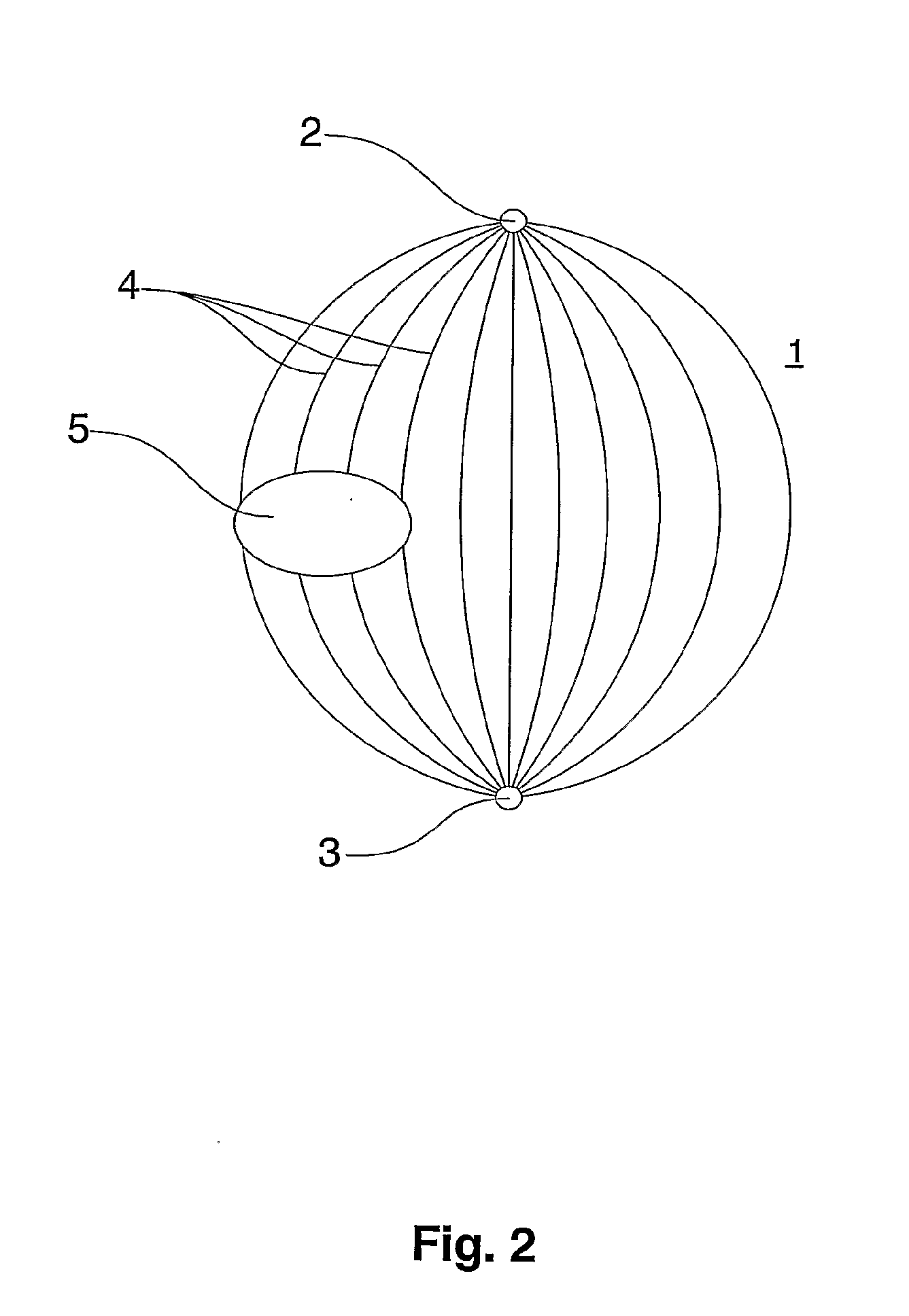Sensor using the capacitive measuring principle
a capacitive measuring and sensor technology, applied in the field of sensors, can solve the problems of increasing the capacitance of the sensor, erroneous measurement, and not always being able to ensure the accuracy of this assumption
- Summary
- Abstract
- Description
- Claims
- Application Information
AI Technical Summary
Benefits of technology
Problems solved by technology
Method used
Image
Examples
Embodiment Construction
[0019] The present invention now will be described more fully hereinafter with reference to the accompanying drawings, in which some, but not all embodiments of the invention are shown. Indeed, the present invention may be embodied in many different forms and should not be construed as limited to the embodiments set forth herein; rather, these embodiments are provided so that this disclosure will satisfy applicable legal requirements. Like numbers refer to like elements throughout.
[0020]FIG. 1 and FIG. 2 are schematic illustrations showing different views of a preferred embodiment of the present invention. The capacitor 1 constituting the sensor is formed by two wires 2, 3, which are disposed at a distance from each other and preferably, substantially, parallel to each other. Instead of wires, it is possible to use all comparable conductive structures that are known from practical experience to those skilled in the art, such as, for example, vapor-deposited or glued conductors, con...
PUM
 Login to View More
Login to View More Abstract
Description
Claims
Application Information
 Login to View More
Login to View More - R&D
- Intellectual Property
- Life Sciences
- Materials
- Tech Scout
- Unparalleled Data Quality
- Higher Quality Content
- 60% Fewer Hallucinations
Browse by: Latest US Patents, China's latest patents, Technical Efficacy Thesaurus, Application Domain, Technology Topic, Popular Technical Reports.
© 2025 PatSnap. All rights reserved.Legal|Privacy policy|Modern Slavery Act Transparency Statement|Sitemap|About US| Contact US: help@patsnap.com



